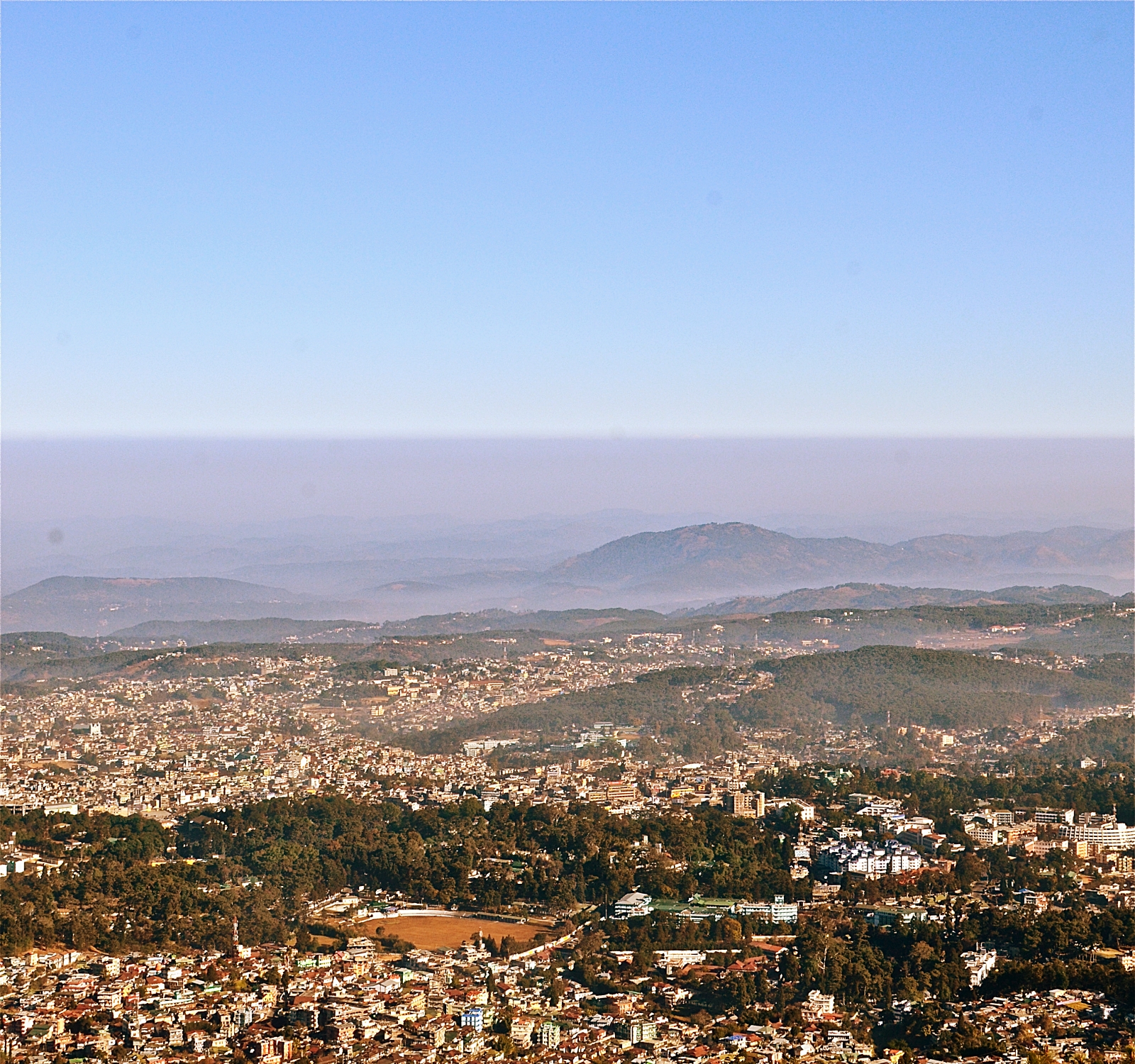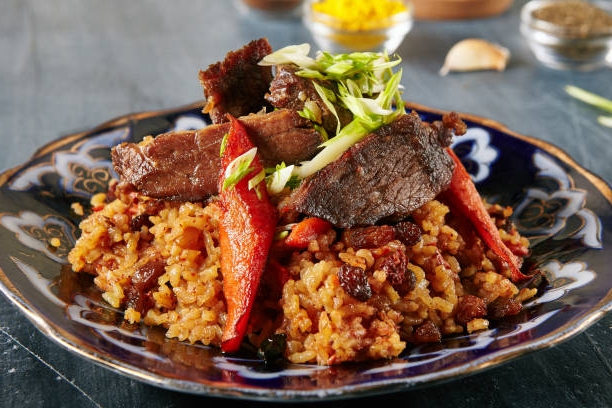Visit Damro Labookellie Tea Estate and Factory
I visited Damro Labookellie Tea Centre and Tea Garden in Nuwara Eliya during the first week of November. It covers 5,000 hectares of lush tea plantations. This plantation stretches from Sabaragamuwa’s deep valleys to the inner hills, reaching elevations of over 1,500 metres. Damro, in particular, is known for growing a variety of premium fresh handpicked teas in western Nuwara Eliya. Connoisseurs seeking the most delectable Ceylon tea seek this tea out in droves.

These well-cared-for tea estates are home to 15 factories that produce a diverse range of Ceylon’s finest teas to meet the needs of both domestic and international markets. Damro Tea Estate has a breathtaking view of Nuwara Eliya’s slopes. I was shown around the tea plantation when I arrived until it started raining and I had to rush to the tea room. Before tasting the tea, I took a tour of the factory floors, where I observed the grading, drying, brewing, and packaging processes.

This fascinating 30-minute tour taught me a lot about the tea I drink daily. It was entrancing to watch the women handpick the tea, while the men process it in the factory. I learned that both black and green tea is made from the same plant’s leaves. The main distinction between the two is that black tea is oxidised while green tea is not. To make black tea, the leaves are rolled first, then exposed to the air to begin the oxidation process. Visiting the Damro tea factory and learning about the entire production process was intriguing.

After touring the factory, I tried a variety of teas. The lounge overlooks beautifully landscaped tea gardens, allowing you to enjoy a cup of pure Ceylon Tea while taking in the breathtaking scenery. Previously, Damro Tea Lounge was Macwood’s Tea Lounge. This has long been regarded as one of Sri Lanka’s best restaurants. Following the tasting, I went to the in-house shop and purchased about ten different types of tea. Flavoured teas, such as cinnamon, strawberry, and apple, are among them.

The silver (or white) and golden teas are available for purchase, with prices starting at SLR 8500 and SLR 10000, respectively. Other teas are reasonably priced, costing around SLR 800. The money was well spent. Now that I’m back at home, I’m savouring some delicious Ceylon Tea. Sri Lanka is a tea mine of the highest quality. As a result, no trip to Sri Lanka is complete without a visit to one of the country’s tea plantations and factories.
There are numerous beautiful tea estates in Nuwara Eliya. Regardless of which tea estate you visit, you will be well informed of the process. The best part of this tour is the tea tasting. The knowledge of Silver tea was the takeaway for me. Following my tour of the Damro factory, I began collecting a handful of Silver Tea from each plantation I visited. Each night, I’d return to the hotel and make a beautiful cup of tea by steeping handpicked leaves in hot water. When you next visit Sri Lanka, give it a try.



